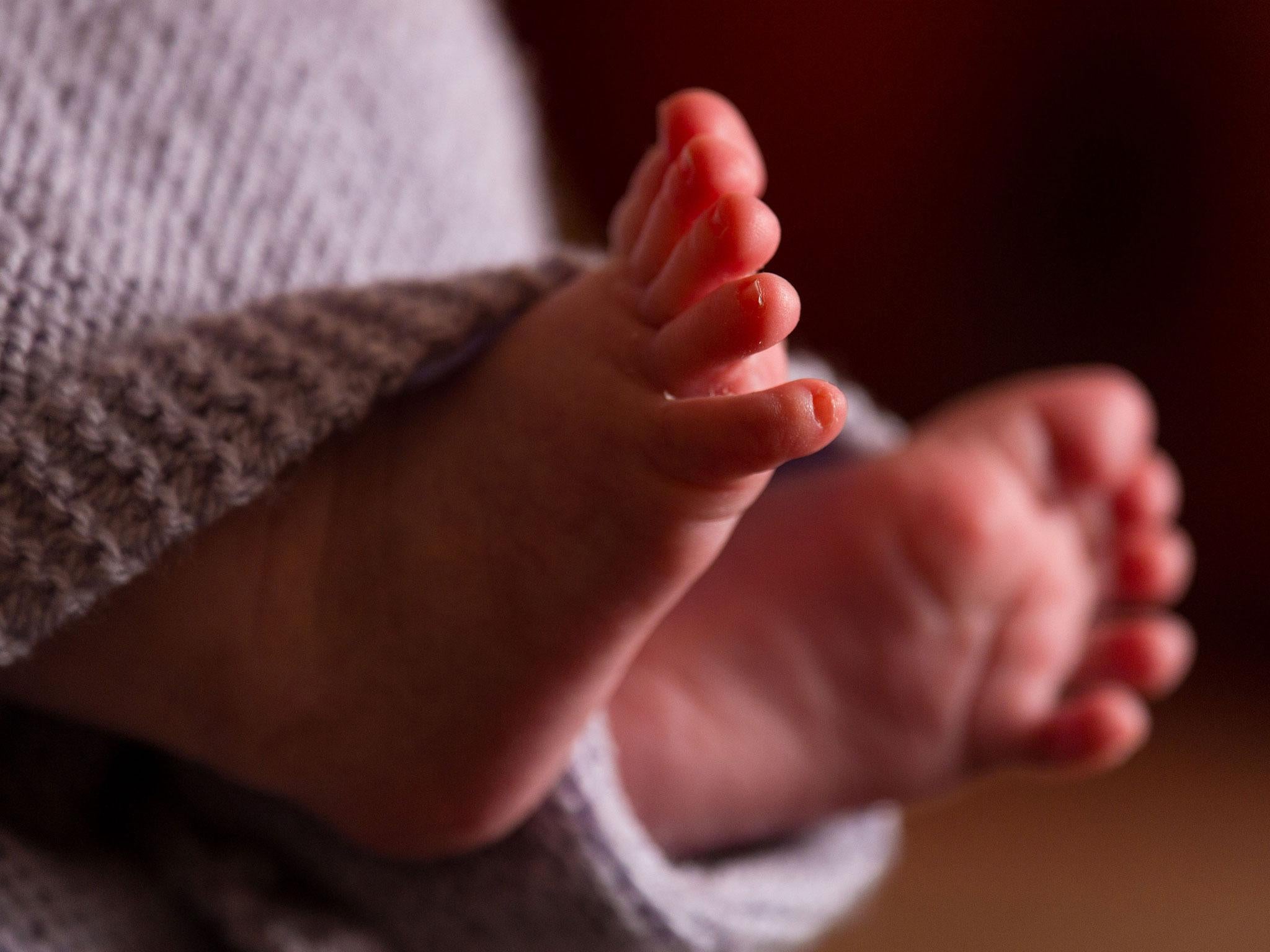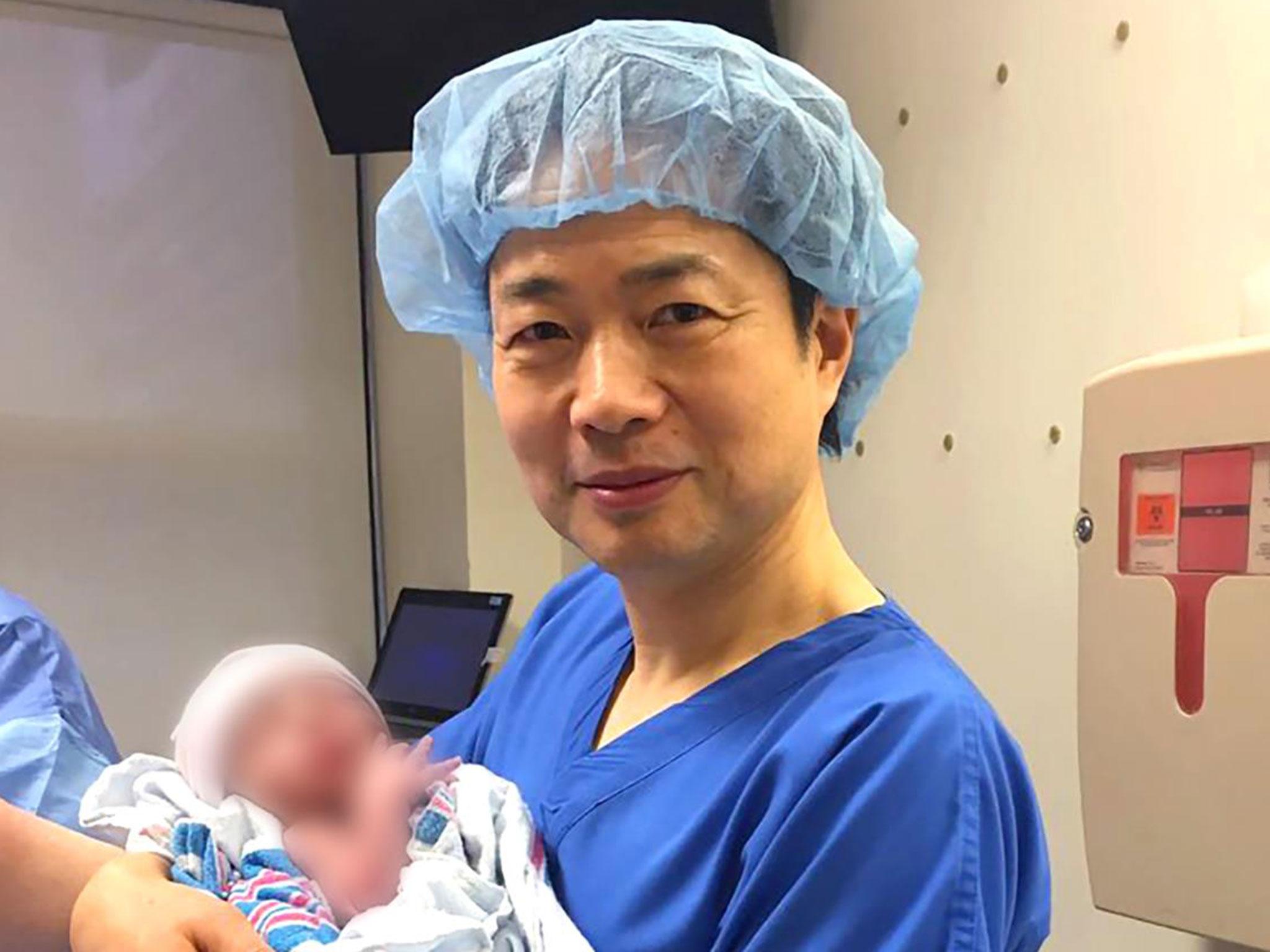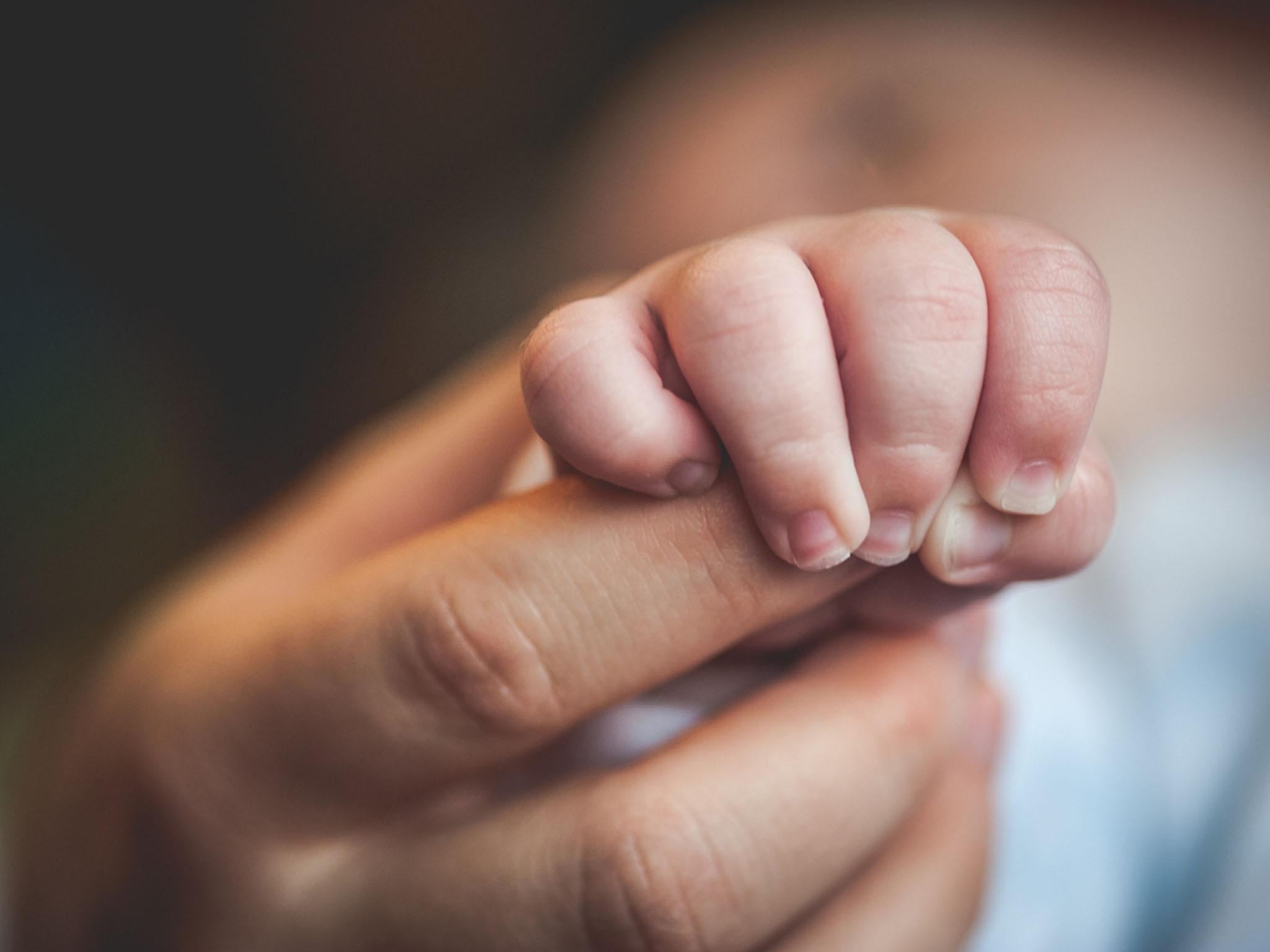Doctors accuse scientists responsible for 'three parent babies' of experimenting on humans
Dr David Clancy says the data on the procedure is flawed and children do not have the ability to consent to the procedure

Doctors have accused scientists behind controversial “three-parent babies” of experimenting on humans.
Dr David Clancy from the University of Lancaster said the data is incomplete on how the technique, which replaces flawed mitochondrial DNA with healthy mitochondria from a healthy donor, works and says there is a possibility it involves experimenting on a human child that has no capacity to consent.
Dr Clancy said: “We now have data, albeit incomplete, on a person resulting from a mitochondrial replacement technique. It might not be unreasonable to consider this as an experiment; an experiment which uses a child. A child who had no ability to consent.
“Even a moment’s consideration of the ethical issues completely overridden by this work should make us very concerned.
“Here in the UK I think it would be wise for the HFEA (Human Fertilisation and Embryology Authority), having granted a licence for this procedure, to clearly outline criteria for failure and for halting the programme.”
Last year, the news of the birth of a boy, whose Jordanian mother was treated by a US team in Mexico, made headlines around the world.
He was conceived from an egg containing DNA from his mother and father, and tiny amount of “mitochondrial” DNA from a third person – a female donor.
The aim was to prevent the child inheriting defective mitochondria, rod-like batteries in cells, that could give him Leigh syndrome – a fatal nervous system disorder. The treatment was led by Dr John Zhang, from New Hope Fertility Centre in New York City.
But doctors who helped to bring the boy into the world were “sailing very close to the wind” and lucky to succeed, a leading British expert has said.
Top stem cell biologist Professor Robin Lovell-Badge, from the Francis Crick Institute in London, made his comments after details of the case appeared in the journal Reproductive BioMedicine Online.
He said: “It is of, course, good news that the woman being treated was able to have an apparently healthy child with no signs of mitochondrial disease, but from the paper it seems that in many respects Zhang and colleagues were sailing very close to the wind and that luck played a large part in the outcome.”
Prof Lovell-Badge criticised the American team for using “electrofusion” methods to transfer nuclear DNA that had been abandoned by other researchers because “they gave a high frequency of abnormal embryos”.
Part of the treatment process involved transferring nuclear DNA from the future baby’s mothers egg to a denucleated donor egg.
This produced a donor egg housing nuclear DNA from the boy's mother and the donor‘s “healthy” mitochondrial DNA outside the nucleus. It was then fertilised by the father’s sperm and helped to develop into an embryo.
DNA in mitochondria play an important role in metabolism but do not affect appearance or personality.
Prof Lovell-Badge pointed out that a relatively high number of abnormal mitochondria were unintentionally carried over into the embryo, the only one of four progressing to the 200-cell “blastocyst” stage that turned out to be normal.
While faulty mitochondria remained well below the threshold for triggering disease, “t is at a level that is of some concern,” said the professor, who last week gave evidence at a Parliamentary select committee hearing on gene-editing.
He went on: “In the end they only had one normal-looking embryo that could be transferred into the patient.
“They were lucky that this was indeed normal and that it gave rise to a pregnancy. And they were lucky that the proportion of abnormal mitochondrial DNA remained relatively low in most tissues.”

He said his comments left aside “all the issues of consent and legality”.
Final stages of the treatment, including implantation of the embryo into the womb, were carried out in Mexico to avoid breaching US federal law.
Mitochondrial Replacement Therapy (MRT) is officially sanctioned in the UK and a clinic in Newcastle has been given the go-ahead to select the first British patient for treatment, probably before the end of the year.
The technique is controversial because it involves altering inherited “germ line” DNA that is passed to future generations.
Critics have accused politicians and regulators in the UK of rushing to embrace a technology that is not proven to be safe and could pave the way to “designer” babies.

Supporters say it offers new hope to thousands of families cursed by devastating inherited diseases. Around one in 4,000 adults in the UK is believed to suffer from a mitochondrial disorder.
Each year one in 6,500 children in the UK is thought to be born with serious mitochondrial defects.
Professor Sir Doug Turnbull, director of the Wellcome Centre for Mitochondrial Research at the University of Newcastle, who has pioneered MRT techniques, said: “Mitochondrial donation is an important new IVF technique that provides more reproductive choice for women with mitochondrial DNA mutations.
“In the UK there is a clear regulatory framework and Newcastle has recently obtained a licence from the HFEA to allow mitochondrial donation for women at risk of having severely affected offspring.
“It is important that all reproductive options are explained to potential mothers and there is long-term follow-up of children born, all of which are planned in the UK.”
PA
Join our commenting forum
Join thought-provoking conversations, follow other Independent readers and see their replies
Comments
Bookmark popover
Removed from bookmarks